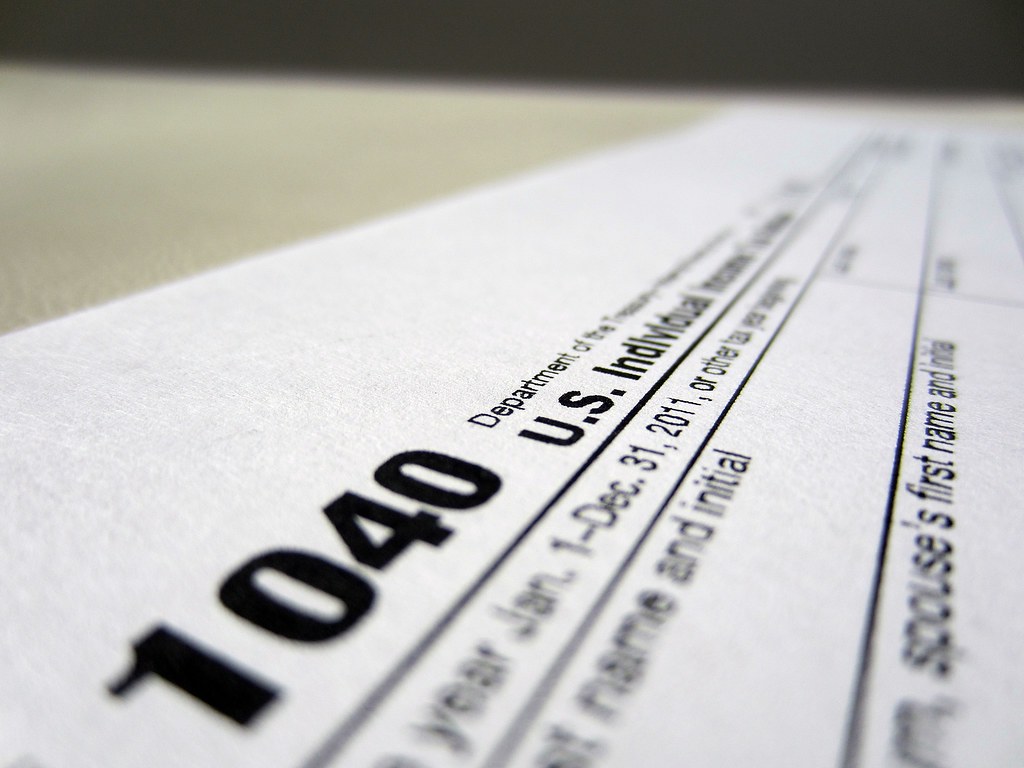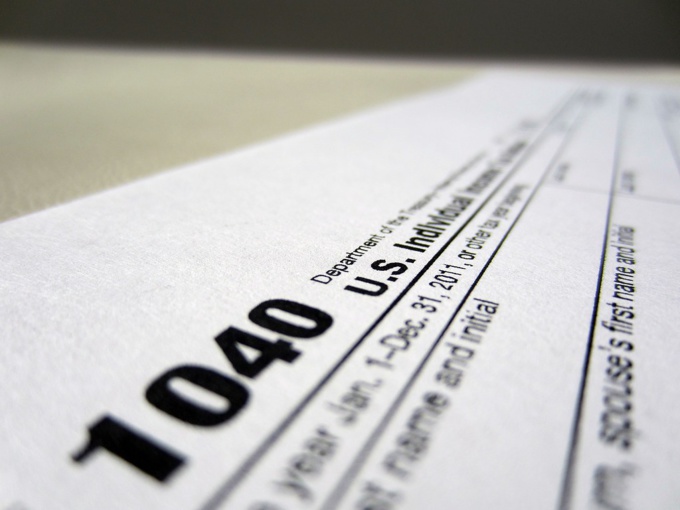Under US tax law, asset appreciation is not considered income until it is sold. Combined with tax optimisation techniques, this has allowed the billionaires to pay a much lower tax rate than a typical American family, ProPublica reports.
The publication names Mr. Buffett as the man who paid the least tax relative to his income - $23.7m against a $24.3bn fortune increase, the equivalent of a 0.10% rate. Some billionaires - notably Hungarian financier George Soros - filed returns that allowed them to avoid paying federal taxes for several consecutive years.
ProPublica notes that the publication does not reliably know the identity and motives of the source who gave them the data. The person who provided the information told the publication that he was motivated by ProPublica's coverage of the IRS and tax collection. "We conceded that the information we received may have come from a government actor unfriendly to America's interests," the accompanying material stated. ProPublica said it had double-checked the information as much as possible, and, as a general rule of thumb, the sources' motives are "irrelevant if the information is reliable".
In 2020, The New York Times analysed the tax returns of then US President Donald Trump. The paper's piece noted that Mr. Trump had not paid income tax for a decade, citing losses made in the 1980s and 1990s. In May 2021, the New York state attorney general's office notified Mr. Trump's entities that an ongoing investigation into possible tax fraud had taken on a criminal nature since 2019.
source: propublica.org
The publication names Mr. Buffett as the man who paid the least tax relative to his income - $23.7m against a $24.3bn fortune increase, the equivalent of a 0.10% rate. Some billionaires - notably Hungarian financier George Soros - filed returns that allowed them to avoid paying federal taxes for several consecutive years.
ProPublica notes that the publication does not reliably know the identity and motives of the source who gave them the data. The person who provided the information told the publication that he was motivated by ProPublica's coverage of the IRS and tax collection. "We conceded that the information we received may have come from a government actor unfriendly to America's interests," the accompanying material stated. ProPublica said it had double-checked the information as much as possible, and, as a general rule of thumb, the sources' motives are "irrelevant if the information is reliable".
In 2020, The New York Times analysed the tax returns of then US President Donald Trump. The paper's piece noted that Mr. Trump had not paid income tax for a decade, citing losses made in the 1980s and 1990s. In May 2021, the New York state attorney general's office notified Mr. Trump's entities that an ongoing investigation into possible tax fraud had taken on a criminal nature since 2019.
source: propublica.org



















